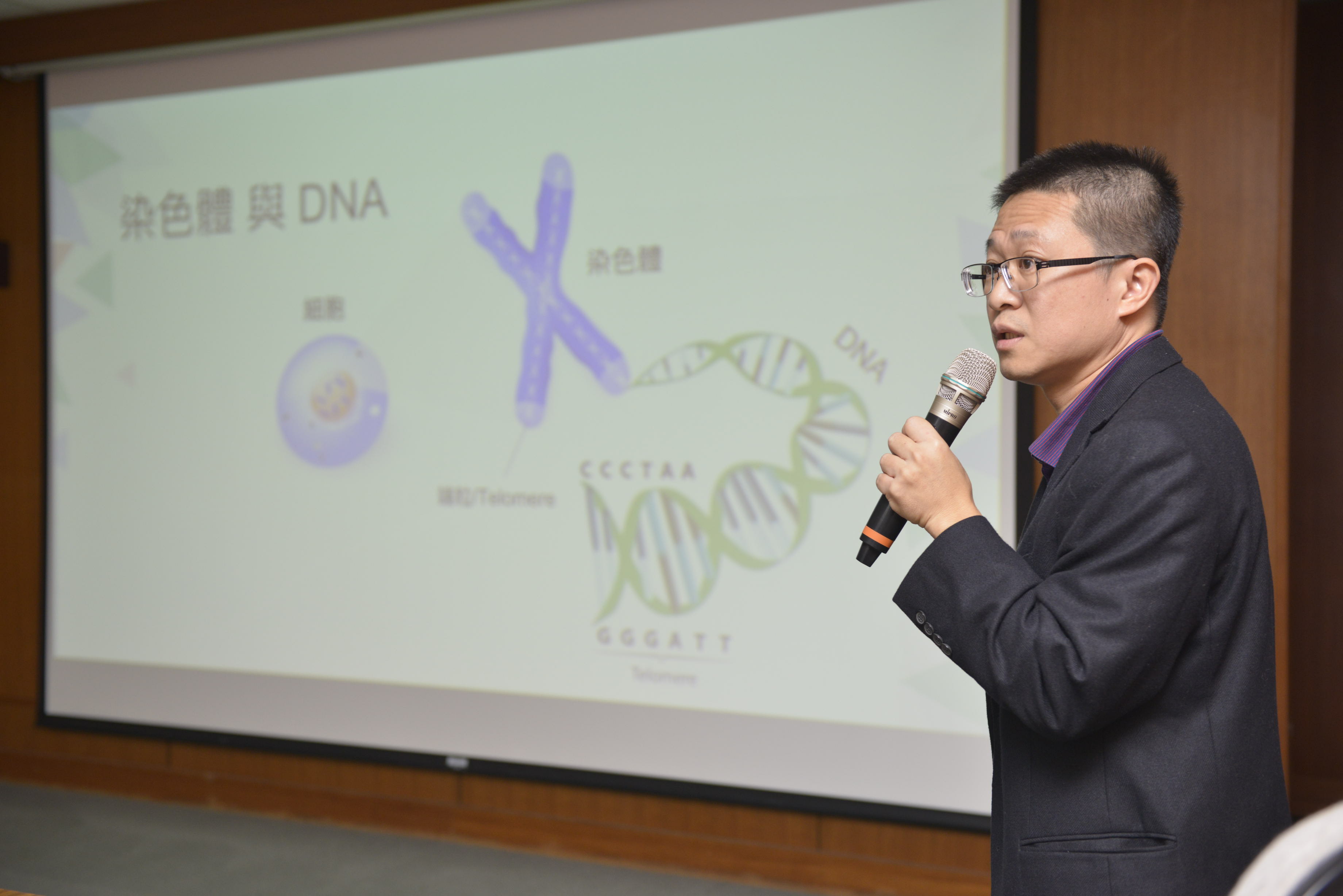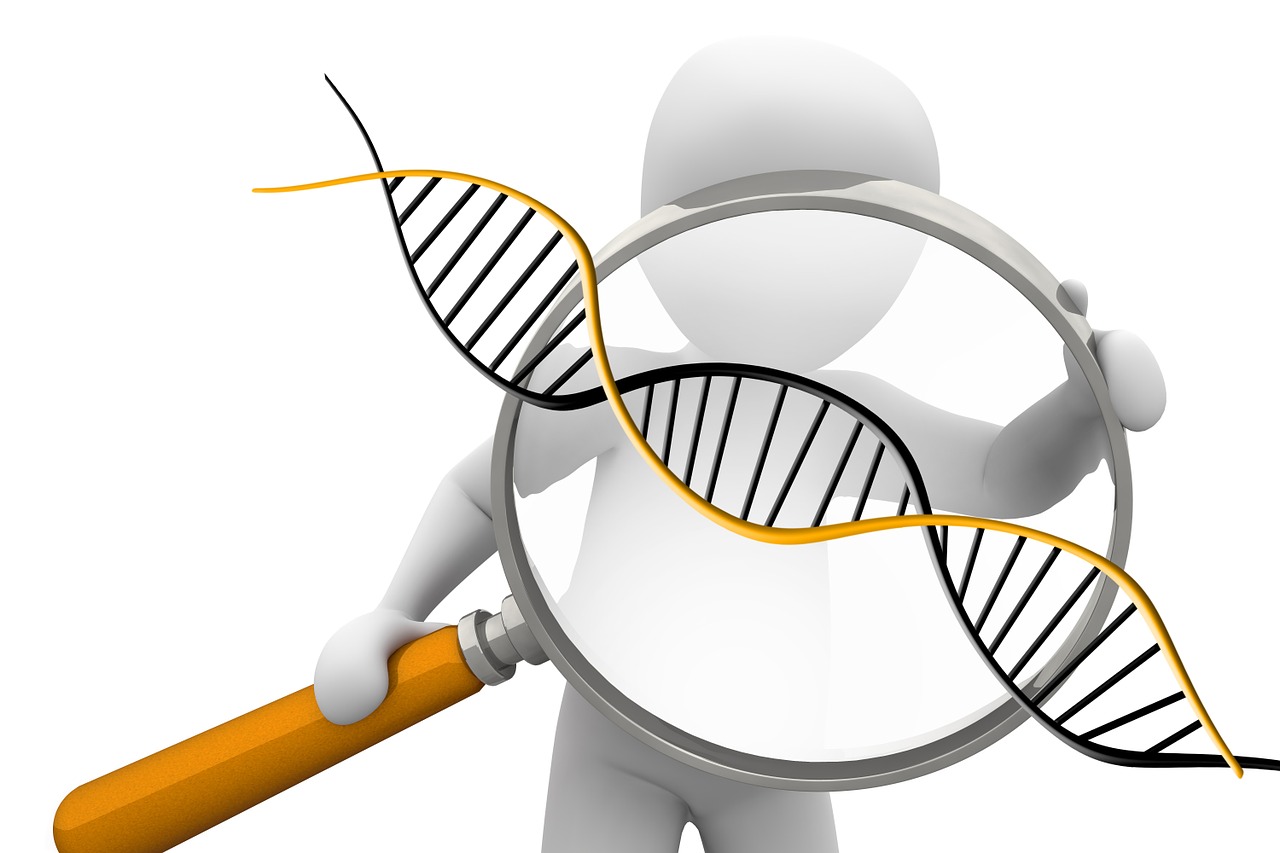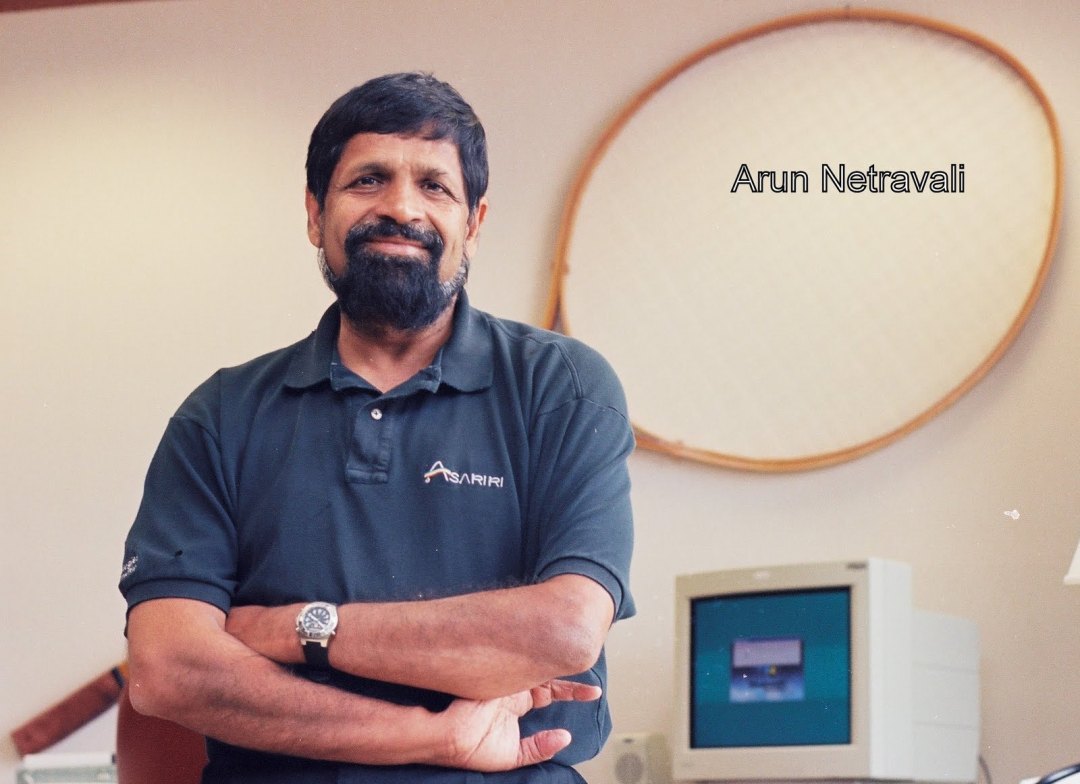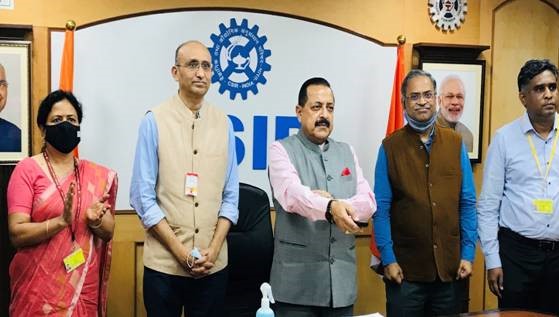A recent study at the Institute of Molecular Biology, Academia Sinica discovers that extra-chromosomal telomere repeat (ECTR) DNA molecules can activate cytosolic DNA sensing pathways that may inhibit alternative lengthening of telomeres (ALT) cancer development. Results from this study were published online in Nature Structural and Molecular Biology on November 6, 2017.

ALT is a homologous recombination-mediated telomere elongation mechanism implicated in 10-15% types of cancer. ECTR DNA molecules were generated during ALT development and are abundant in ALT cancer cells. However, whether ECTRs play a role in ALT development remains elusive.
Research conducted by Dr. Liuh-Yow Chen’s lab investigates the development process of ALT-associated cancers to shed light in regards to treatment possibilities. Results from this recent study demonstrate that the ECTR generation that is associated with ALT development may affect tumorigenesis by activating the STING-mediated pathway. Although ECTRs are present in the cytoplasm, the cellular DNA sensing mechanism that reacts to ECTRs is usually defective in ALT cancer cells.
In contrast, upon induction in the control group of human fibroblasts, ECTRs activate the cGAS-STING-TBK1-IRF3 signaling axis to induce IFNβ production and thus trigger a type I interferon response, which causes an inhibitory effect on cell proliferation.
Dr. Chen’s lab further found that the STING expression is also inhibited in ALT cancer cell lines and transforms ALT cell strands. Intriguingly, the ALT-associated tumor suppressors ATRX / Daxx histone chaperone complex and histone H3.3 are also required for activation of this DNA sensing pathway. Co-expression of STING and ATRX in ALT cancer cells reconstitute the DNA sensing mechanism.
Collectively, this study reveals that the loss of the DNA sensing pathway may be a prerequisite for evading ECTR-induced anti-proliferation effects, which then permits ALT development. The key role of this DNA sensing pathway may be explored and utilized for rules specific to ALT cancer.
The work in Dr. Chen’s lab has been supported by the Career Development Award from Academia Sinica and grants from the Ministry of Science and Technology, Taiwan.
The full research article entitled “Extrachromosomal telomere repeat DNA is linked to ALT development via cGAS-STING DNA sensing pathway” is available at https://www.nature.com/articles/nsmb.3498.
[Academia Sinica]



